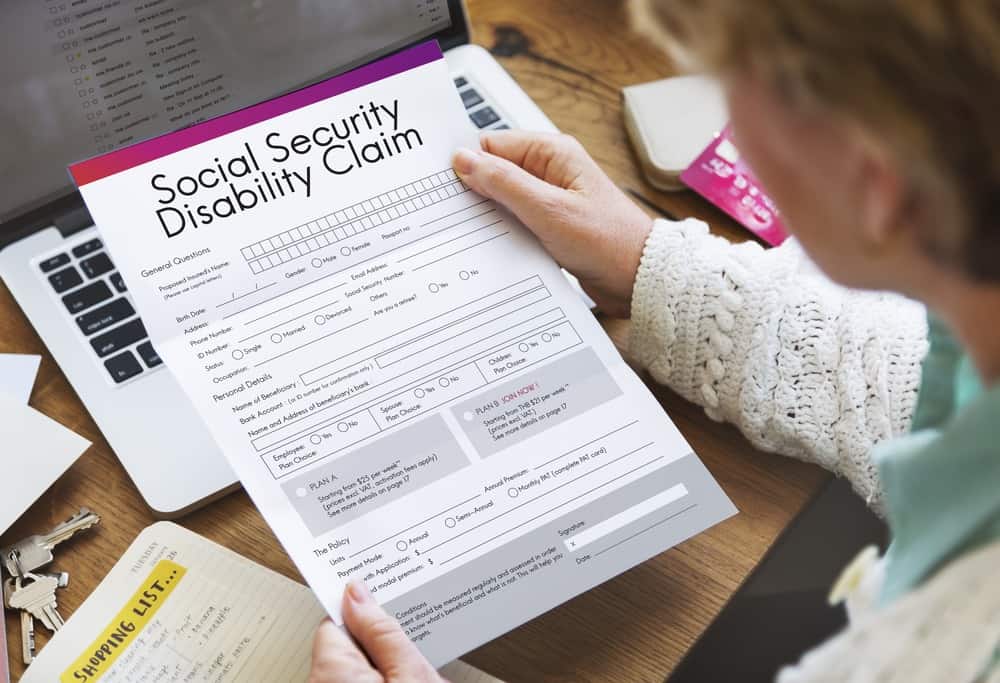
Social disability payments are crucial in today’s progressive society that promotes diversity and equal opportunity. These initiatives ensure that people with disabilities can access the resources they need to live satisfying lives and make meaningful contributions to their communities. Disabled people rely heavily on social disability benefits to support themselves and their families.
Understanding social disability benefits
The term “social disability benefits” refers to a wide range of government-sponsored aid initiatives aimed at ensuring the basic needs of disabled people are met. The recipients and their families rely heavily on these benefits because of the stability and security they provide during difficult times. Consider the valuable advice offered on benefits.com as you pursue your claims for social disability benefits.
Eligibility criteria
Social disability benefits are available to those who meet specific criteria, which vary from program to program. To qualify for disability benefits, an individual’s impairment must often be severe enough to prevent them from working and earning a living wage.
Types of disability benefits
Social Security Disability Insurance (SSDI) and Supplemental Security Income (SSI) are two of the most frequent forms of social disability benefits. To get SSDI benefits, one must have worked and paid into the Social Security system. Those who are disabled and live on a limited income may qualify for Supplemental Security Income (SSI) benefits.
The application process
It can be difficult and time-consuming to apply for social disability benefits. Collecting medical records, keeping thorough notes on how the impairment has affected daily living, and detailing past employment experiences are all necessary steps. Lawyers and specialists in the field of medicine often help those applying for disability benefits.
To be considered for Social Disability Benefits from the Social Security Administration (SSA), applicants must submit certain documentation. These documents include:
- A copy of your Social Security card or proof that you have applied for one
- Birth certificate or other proof of birth
- Proof of American citizenship or lawful alien status
- Medical proof, such as reports from doctors, tests, and medical records
- Employment record, which includes W-2s, stubs, and proof of employment
The impact on individuals

Ensuring financial security
People with disabilities are given a reliable source of income through the social disability benefits program. The program provides a stable income, which helps lessen the burden of living with a disability. With this security, recipients may pay for healthcare, a roof over their heads, and groceries.
Access to healthcare
Individuals with disabilities may have difficulty affording adequate medical care due to the high expenses associated with such services. Medical coverage is a common component of social disability benefit programs, ensuring recipients can get the care they need without worrying about the cost. Their increased access to medical care greatly improves the quality of life for people with impairments.
Enhancing independence
Disabled people can maintain their independence with the help of the program’s monetary support services. They will then be able to make decisions regarding their housing and way of life that suit their wants and requirements. As a result of their increased autonomy, recipients report feeling a greater sense of pride in themselves.
Vocational rehabilitation services
People who qualify for social disability benefits can also use the program’s vocational rehabilitation programs. Providing these services aims to improve the employment prospects of people with impairments. Some of the services that vocational rehabilitation programs may provide include job placement, counseling, and classes for skill development. People with disabilities who want to work but may need extra support can significantly benefit from these services.
The community impact

Reducing stigma and bias
Disabled people are less likely to be subjected to discrimination thanks to the social disability benefits program. The program encourages a culture that cherishes diversity and recognizes the contributions of all its members by recognizing the difficulties individuals confront and providing help.
Economic stimulus
The program’s impact on local economies is just one example of its wider significance. Recipients’ spending tends to benefit neighborhood businesses and industries. The economy and the job market both benefit from this influx of revenue.
Building a stronger tomorrow
The social disability compensation program is vital in more ways than one. It’s essential to creating a better, more empathetic society in the future. By putting the needs of people with disabilities first, it paves the way for a more just, more accepting, and more accountable global community.
Advocacy and awareness
Thanks to the work of advocacy groups and organizations, the value of social disability compensation is becoming well-acknowledged. By doing so, they are shedding light on the positive contributions that individuals with disabilities make to their local communities and putting an end to harmful misconceptions about those with disabilities.
Challenges faced by the program
Despite its noble intentions, the social disability compensation program faces a number of obstacles. Lack of resources, bureaucratic red tape, and ignorance of people with disabilities all contribute to lengthy wait times for receiving assistance. These questions need to be resolved before the program can be considered a success.
Collaborations with healthcare providers

The social disability benefits program and healthcare professionals must work together effectively. Having a genuine disability documented and verified by a medical practitioner is essential for ensuring that those who need assistance are given it.
The role of technology
Social disability benefit systems increasingly rely on technological advancements to increase participation and efficiency. The user experience can be simplified using online application procedures, digital resources, and communication channels.
Future outlook
Disability assistance initiatives in the social sector have a bright future. These programs can develop to assist people with disabilities better and contribute to an inclusive society through sustained advocacy, raised awareness, and enhancements to administrative processes.
Final words
In terms of societal development, the social disability benefits program is essential. It symbolizes how far we’ve come as a culture in accepting and elevating people with varying degrees of ability. This initiative paves the road to a better and brighter future for everybody by encouraging tolerance, autonomy, and consciousness.








